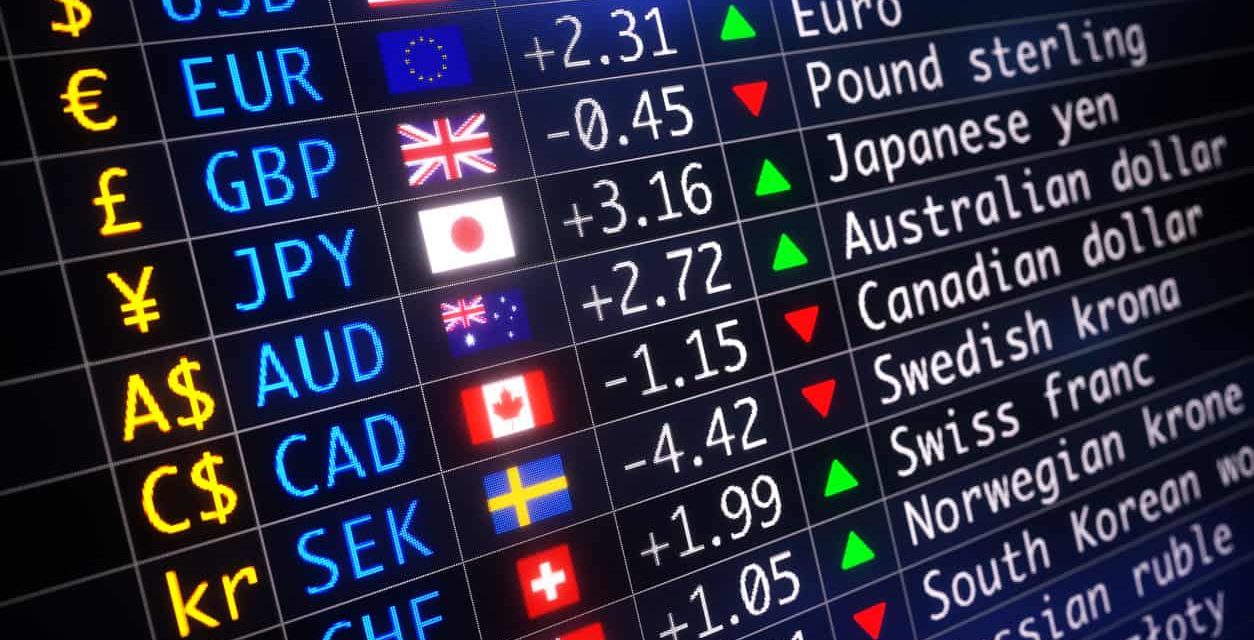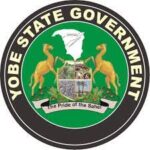Nigeria can boost foreign exchange (forex) market liquidity in the year 2024 if it improves on crude oil production to meet OPEC’s quota, it has been observed.
This is coming amid the seemingly intractable forex crisis which has seen the parallel market rate hitting the rooftop at over 1,300 to a dollar.
The Nigerian British Chamber of Commerce (NBCC) in its 2024 Economic Outlook and Review document released last Friday pointed out that oil prices must stay around $80/barrel while the proposed reform of the forex market must be successful to win the current forex war.
The report was presented to stakeholders by the President and Chairman of the Council of NBCC, Ray Atelly.
Forex Demands For School Fee Putting Pressure On Naira – Expert
PHOTOS: Media Trust organises Management retreat
Our correspondent reports that Nigeria’s oil production has remained low in recent times with the Organisation of Petroleum Exporting Countries (OPEC) reducing the country’s quota from 1.7m to 1.3m pbd.
According to the NBCC report, Nigeria’s immediate challenge to the prevailing global environment are raising crude oil production to take advantage of the relatively high oil prices thereby easing the pressure imposed by forex illiquidity and reversing the current negative net yields to stem outbound capital movement of domestic wealth holders.
The outlook is for improvement in inflation whilst output growth remains fragile in both the global and domestic economic environments.
Describing the 2024 as a “challenging but defining year ahead”, the chamber urged the government to prepare for the tough times ahead.
The report reads in part: “Global economic environment remains fragile: Growth outlook remains weak, though promising overall cost levels higher than pre-COVID era persisting and escalating global geopolitical tensions.
“Domestic Environment – presently defined by instability, stagflation, forex market illiquidity and the beginnings of long delayed reform.”
Mixed outlook as global economy is expected to remain fragile over next 12 months Despite reduced inflation, interest rates could still rise and prices remain above pre-pandemic and target levels in many countries.
It further reads, “For Nigeria, projections for output growth range from 2.6 per cent to 3.1 per cent – essentially matching population growth, thus stopping the decline in per capita income IMF projections of inflation show 15.4 per cent by end 2024 and average 22.9 per cent.”
Lamenting the worsening inflation, it said a review of wages should be concluded as provided for in the 2019 National Minimum Wage Review Act of 2019.
“Higher interest rates – possibly an inverted yield curve, a weaker currency and a new minimum wage notwithstanding its rising cost, emigration by skilled professionals (‘Japa’ syndrome) remains a formidable challenge,” the report added.
Speaking at the presentation, Dr Doyin Salami, former Chief Economic Adviser to the President, stated that while the global environment remained fragile, the domestic economy was unstable and dealing with the inevitable cost of long-delayed reforms.
He outlined key areas for reform, emphasising the need to restore economic stability, improve security and address financing constraints.

 Join Daily Trust WhatsApp Community For Quick Access To News and Happenings Around You.
Join Daily Trust WhatsApp Community For Quick Access To News and Happenings Around You.


